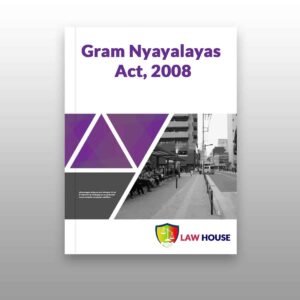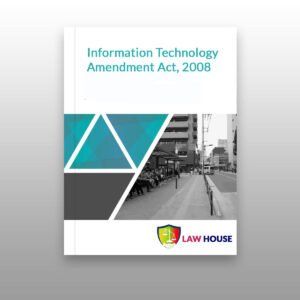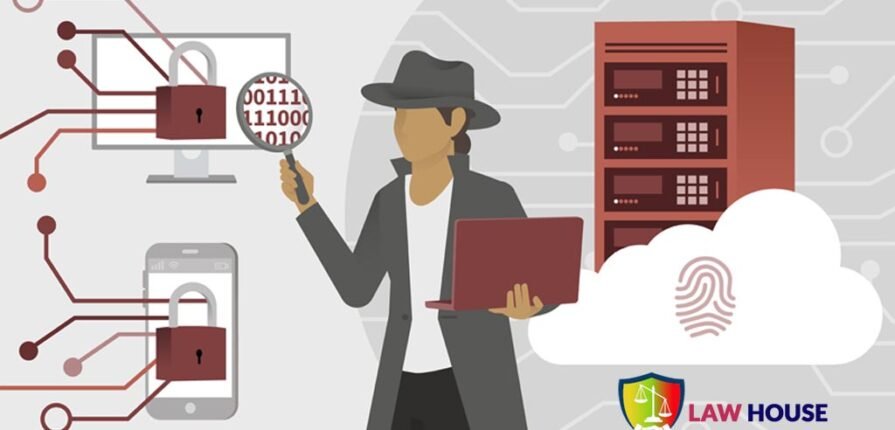There are many forms of cybercrime, including:
- Hacking: gaining unauthorized access to a computer system or network
- Phishing: tricking users into giving away sensitive information, such as usernames and passwords, through fake emails or websites
- Identity theft: stealing personal information, such as social security numbers, credit card numbers, or other sensitive data
- Online fraud: using deception to illegally obtain money or goods through online transactions
- Cyberstalking: using the internet to harass, intimidate, or threaten someone
- Malware: distributing a malicious software, such as viruses, worms, or Trojan horses, with the intent to damage or disrupt computer systems
- Denial of service (DoS) attacks: overwhelming a server or network with traffic to make it unavailable to users
- Ransomware: blocking access to a computer system or data until a ransom is paid
- Cyber espionage: stealing trade secrets or other confidential information for financial or strategic gain
- Child exploitation: using the internet to distribute child pornography or to groom minors for sexual purposes.

what is cybercrime? [Its the official guide for professional]
These are just a few examples of the many different forms of cybercrime. The nature and extent of cybercrime continue to evolve as technology advances and cybercriminals find new ways to exploit vulnerabilities in systems and networks.

Punishment of Cybercrime in India









![Honey trap in Cybercrime: A to Z guide Exploring Honey Trap in Cyberspace [With Video]](https://www.lawhousekolkata.com/wp-content/uploads/Post-Images/Honey-Trap-300x169.jpg)


















































